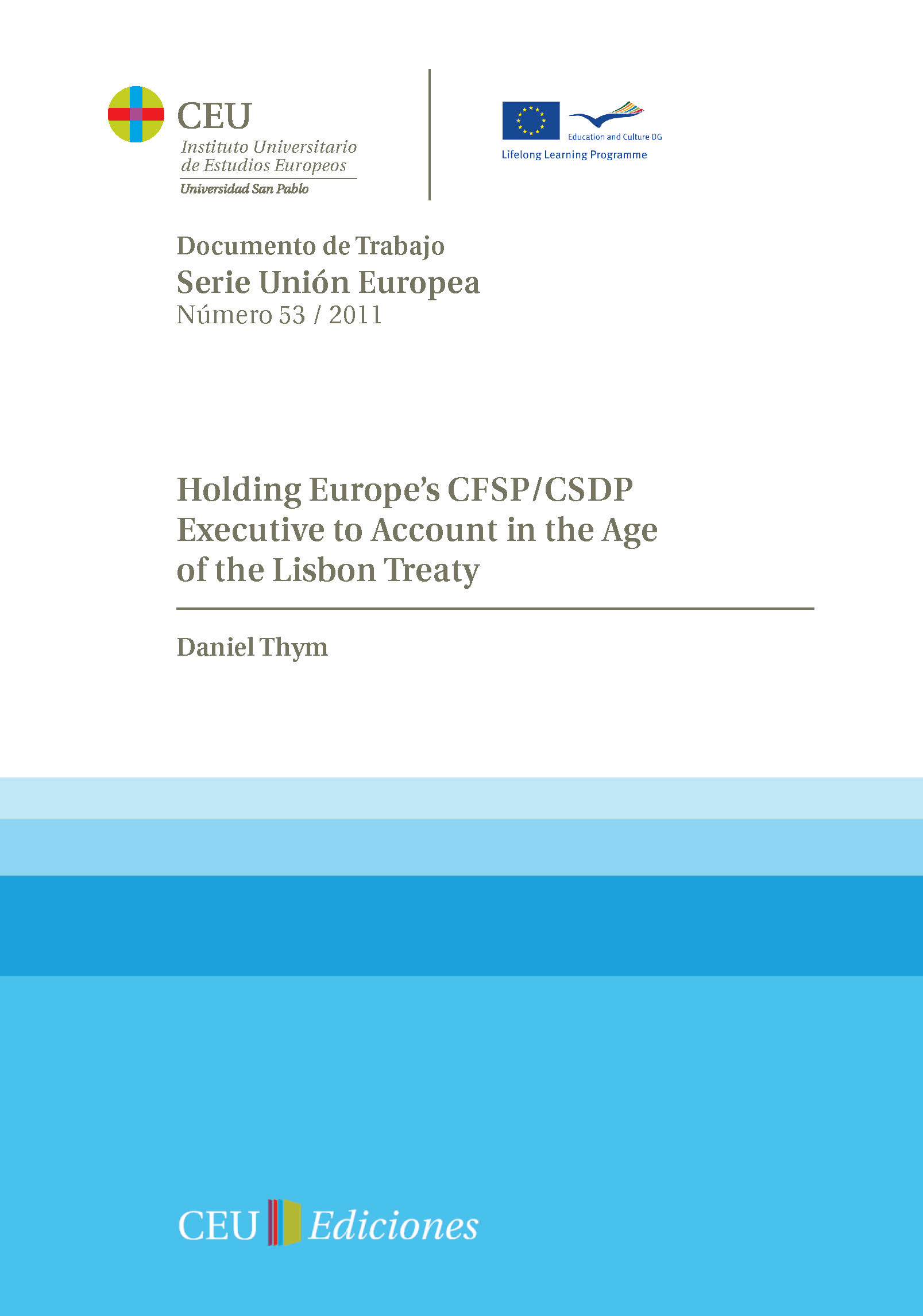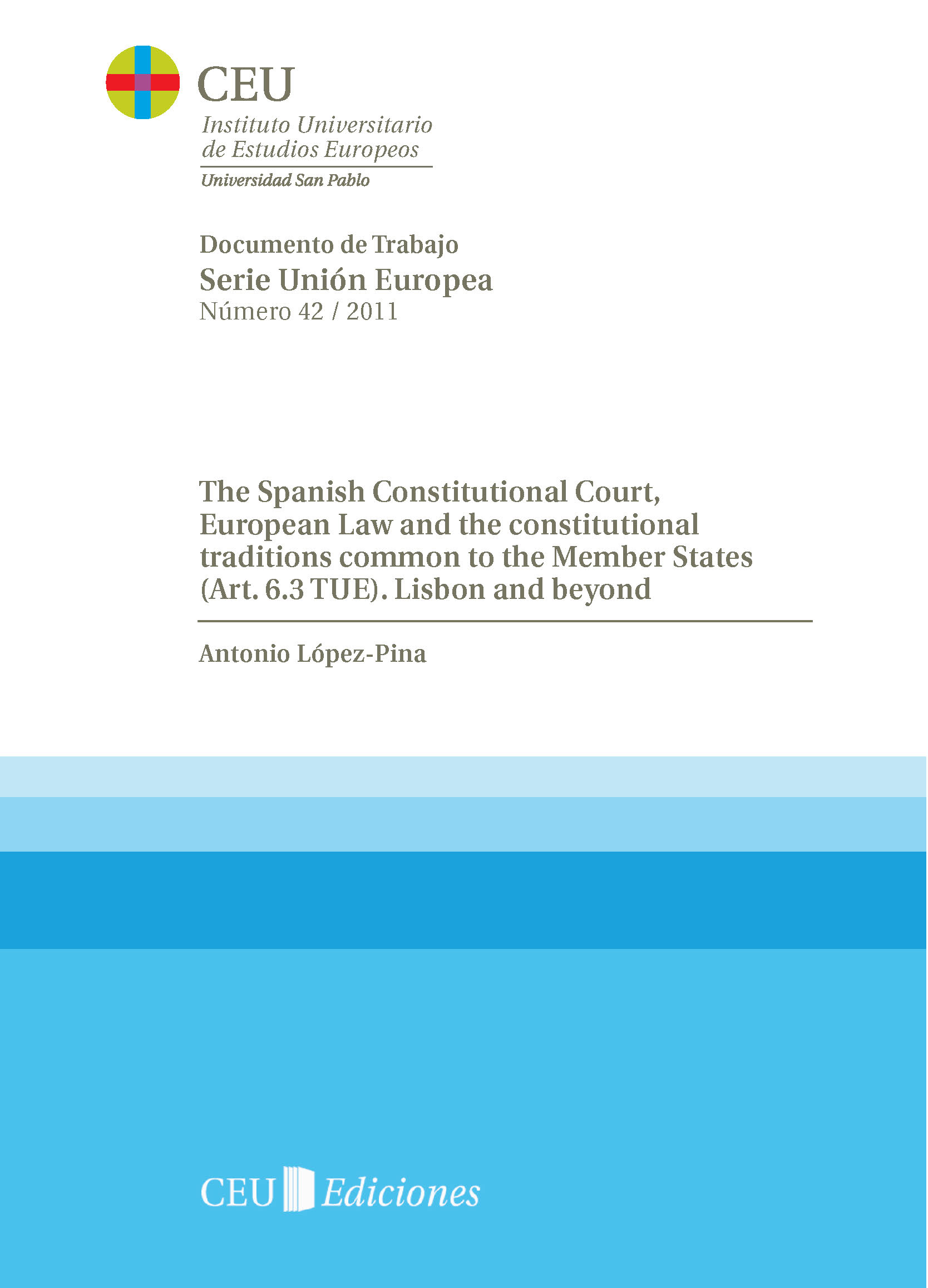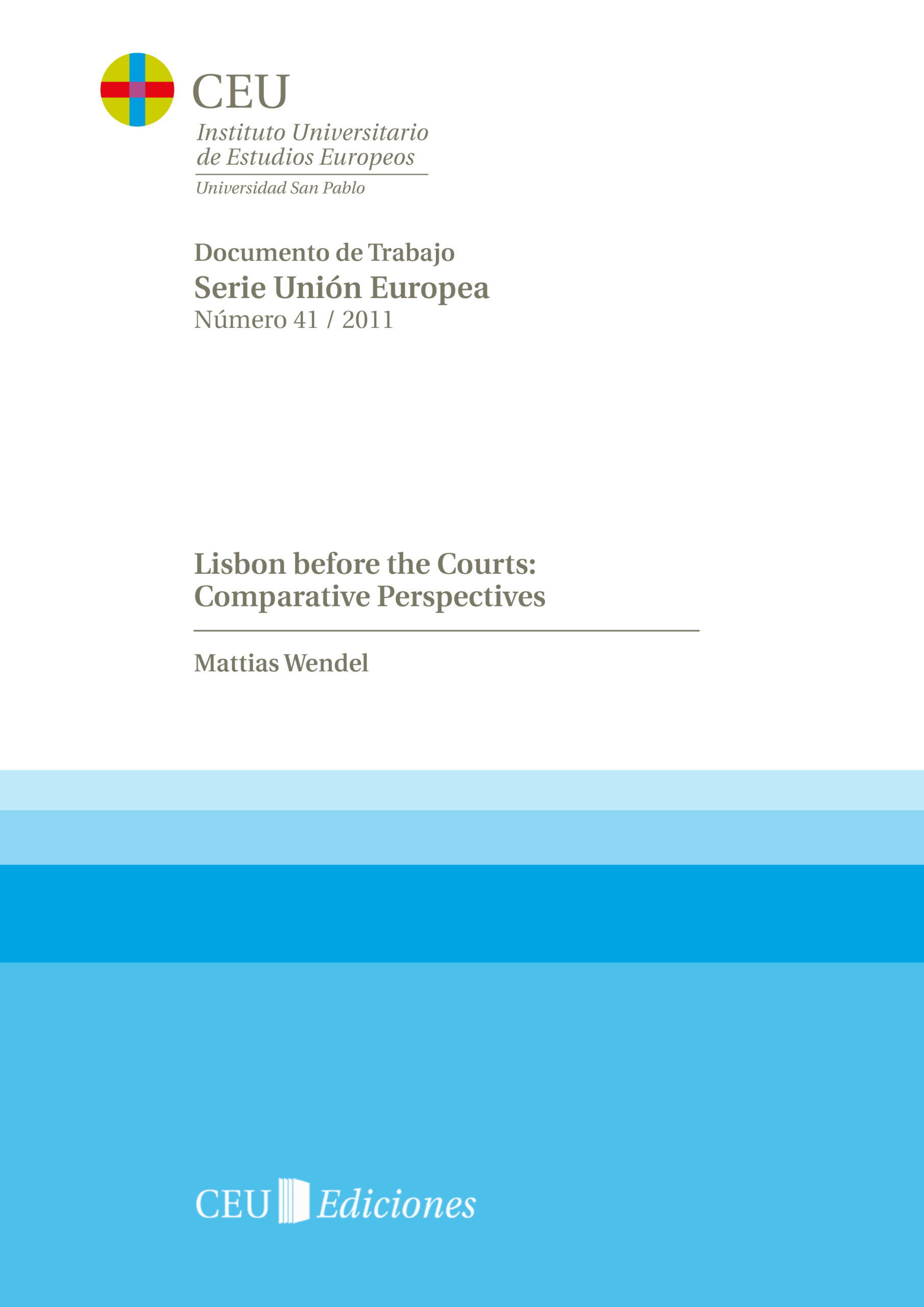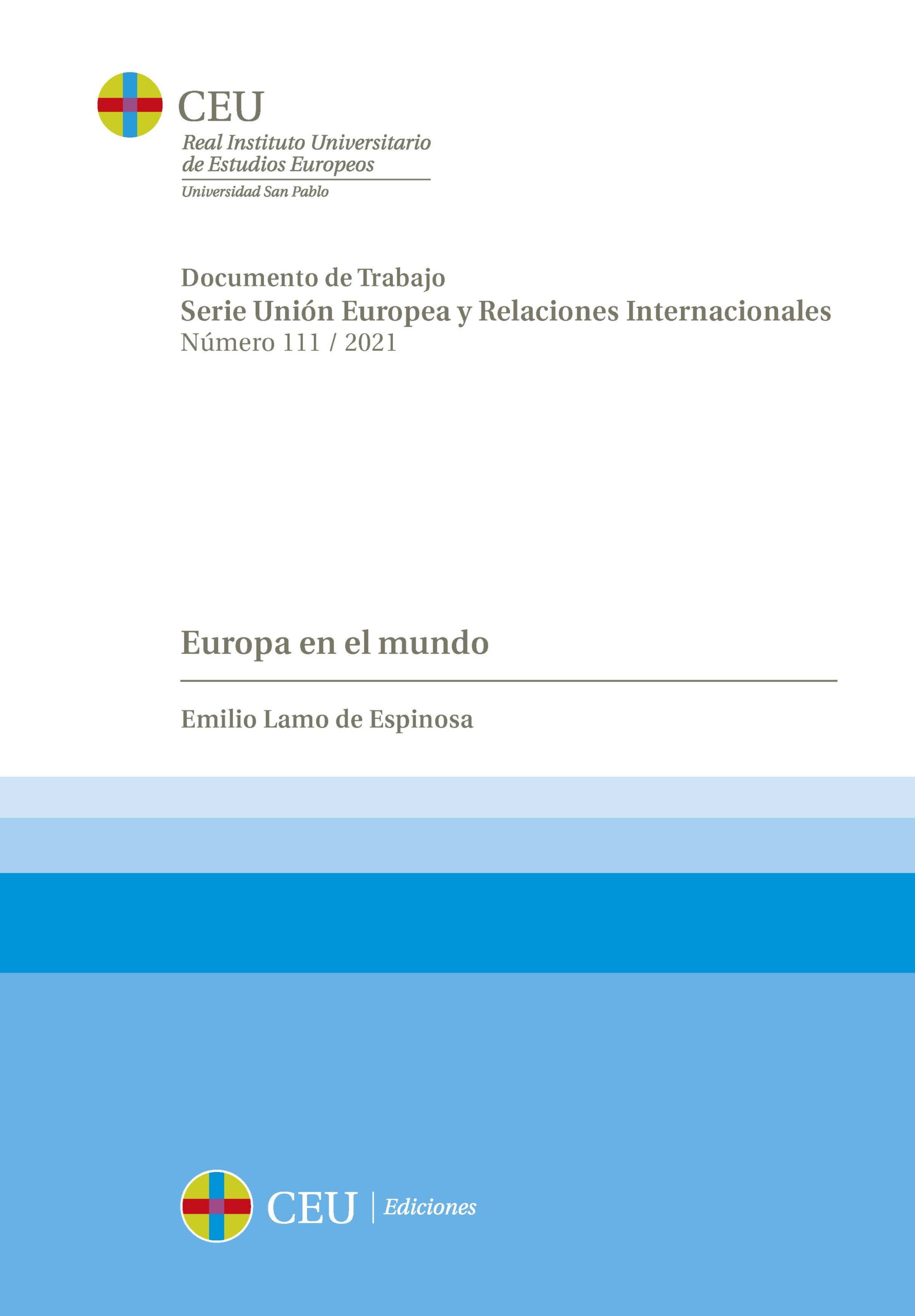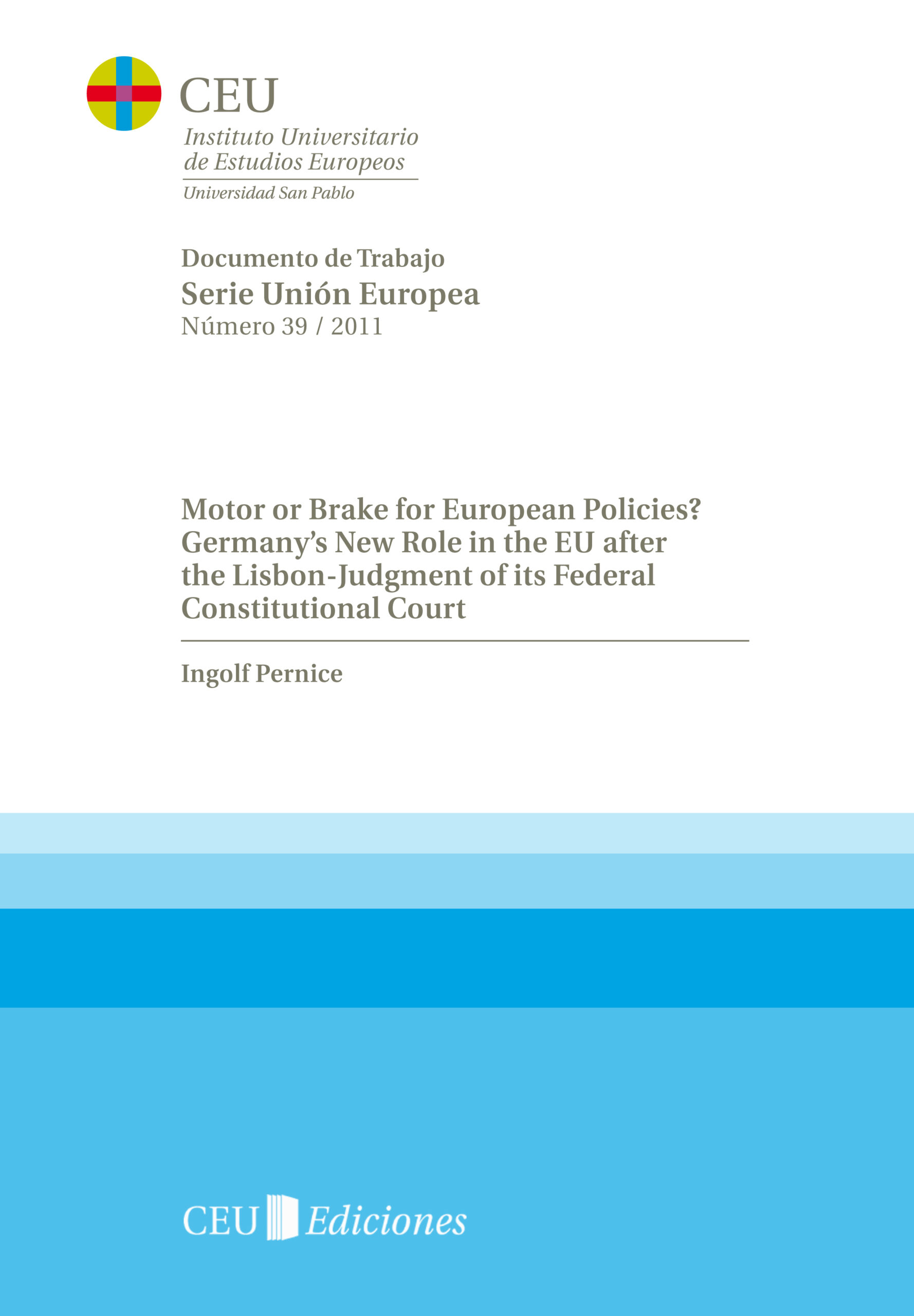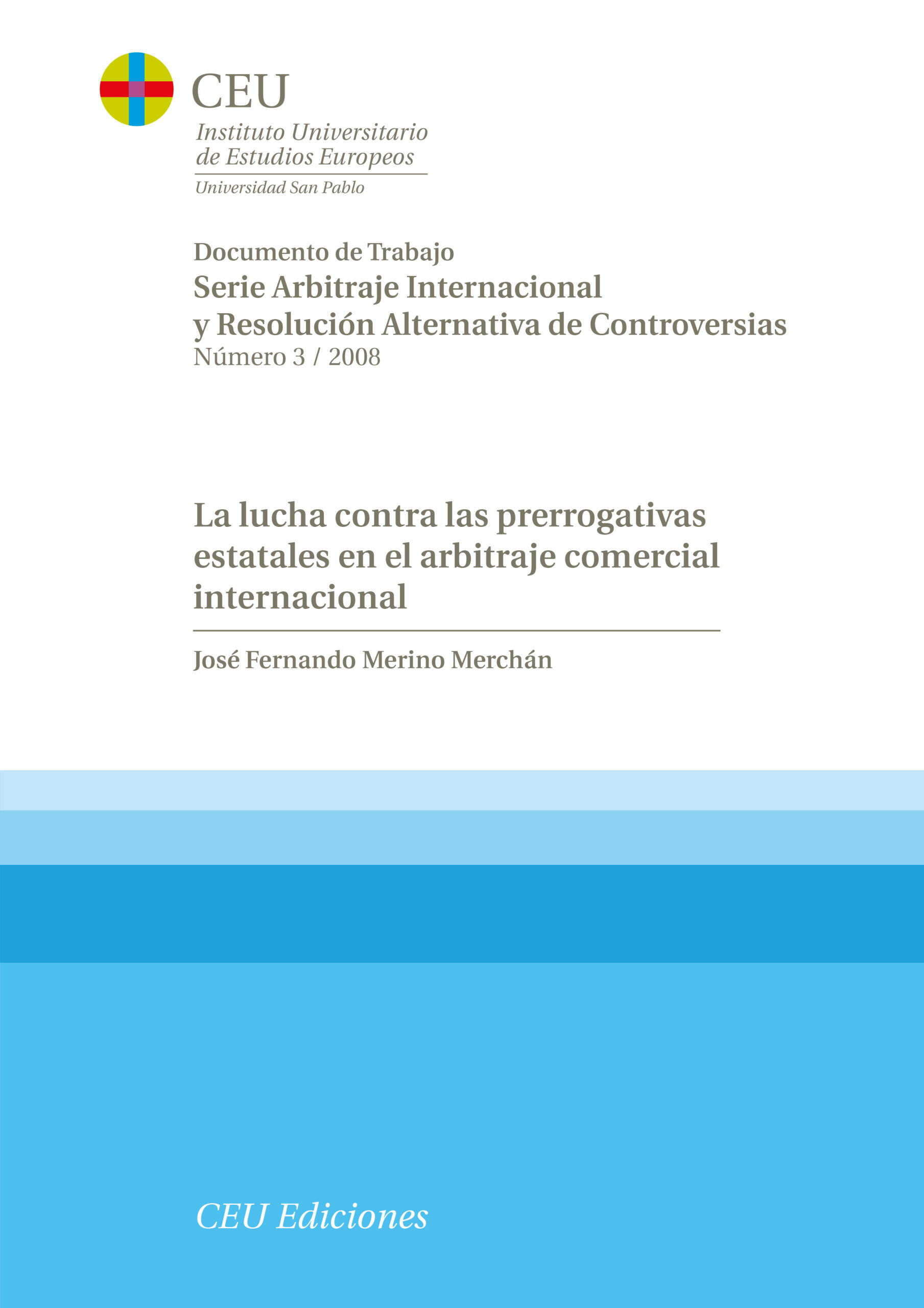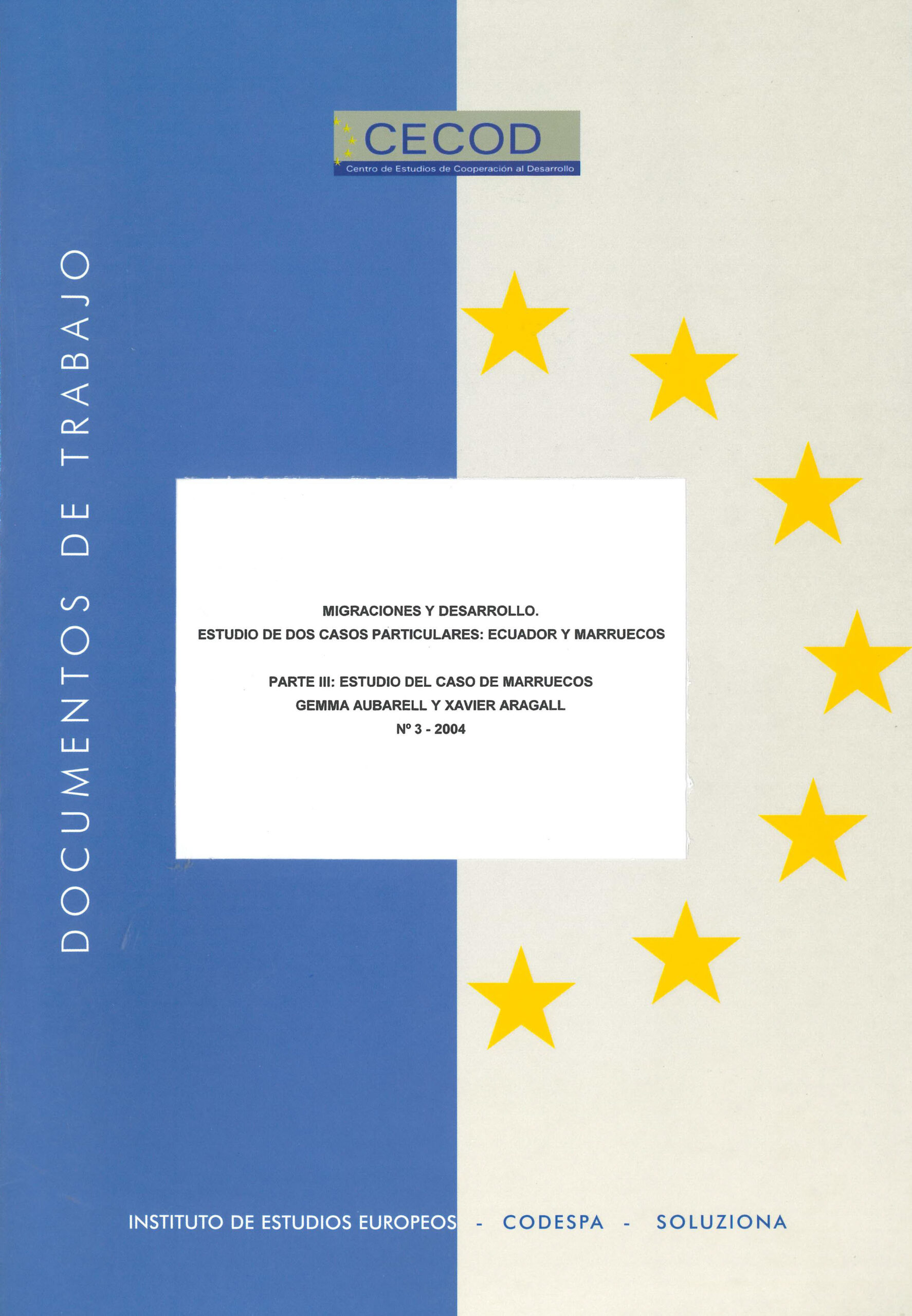Holding Europe’s CFSP/CSDP executive to account in the age of the Lisbon Treaty
5,00€
Hay existencias
Con la entrada en vigor del Tratado de Lisboa la Unión Europea busca aumentar su visibilidad y autoridad a través de un marco institucional uniforme. La elección de la Alta Representante de la Unión y el establecimiento del Servicio Europeo de Acción Exterior son instrumentos que permiten a la Unión moverse más allá de su introspección institucional y concentrarse en reforzar la identidad europea y su independencia para promover la paz, la seguridad y el progreso en Europa y en el mundo. Aún está por comprobar que la nueva estructura facilite la realización de este gran objetivo. Nuestro análisis legal puede sin embargo dilucidar las opciones constitucionales que subyacen. Mientras que el Tratado de Lisboa reconoce el carácter ejecutivo de la política exterior de la Unión, no deshace sin embargo la dicotomía entre la acción exterior supranacional y la Política Común de Seguridad y de Defensa. Con respecto a la primera, el Tratado de la UE preserva un intergubernamentalismo legal e institucional que abre un nuevo capítulo en el debate sobre el déficit de legitimidad de la Unión.
With the entry into force of the Lisbon Treaty the EUs quest for international visibility and authority benefits from a uniform institutional framework. The post of the High Representative (HR) and the establishment of the European External Action Service (EEAS) are meant to allow the Union to move beyond institutional introspection and concentrate on reinforcing the European identity and its independence in order to promote peace, security and progress in Europe and in the world (indent 11 of the Preamble to the EU Treaty). Whether the novel structure facilitates the realisation of this grand Treaty objective remains to be tested. Our legal analysis may however shed light on the underlying constitutional choices. While the new Treaty acknowledges the executive character of the Union´s foreign policy, it does not unmake the dichotomy between supranational external action and the common foreign, security and de-fence policies (CFSP/CSDP). With regard to the latter the EU Treaty preserves a legal and institutional intergovernmentalism which opens a new chapter in the debate about the Union´s accountability gap.
También te recomendamos…
-
 Añadir
AñadirThe Spanish Constitutional Court, European law and the constitucional traditions common to the member states (Art. 6.3.TUE). Lisbon and beyond
Derecho
Autor: López-Pina, Antonio;5,00€ -

-

-

-
 Añadir
AñadirMotor or brake for European policies? Germany´s new role in the EU after the Lisbon-Judgment of its Federal Constitutional Court
DOCUMENTOS DE TRABAJO
Autor: Pernice, Inglof;5,00€
Productos relacionados
-
 Añadir
AñadirAlemania y la ampliación al este: ¿Hacia una comunidad de intereses?
DOCUMENTOS DE TRABAJO
Autor: Beneyto Pérez, José María;5,00€ -
 Añadir
AñadirFDI and business networks: the EU-China foreign direct investment relationship
DOCUMENTOS DE TRABAJO
5,00€ -
 Añadir
AñadirLa lucha contra las prerrogativas estatales en el arbitraje comercial internacional
DOCUMENTOS DE TRABAJO
5,00€ -
 Añadir
AñadirMigraciones y Desarrollo. Estudio de dos casos particulares: Ecuador y Marruecos. Parte III: estudio del caso de Marruecos
DOCUMENTOS DE TRABAJO
5,00€ -
 Añadir
AñadirEl fortalecimiento de capacidades y el apoyo al desarrollo desde las bases: la experiencia de RedAmérica
DOCUMENTOS DE TRABAJO
Autor: Villar, Rodrigo;5,00€

